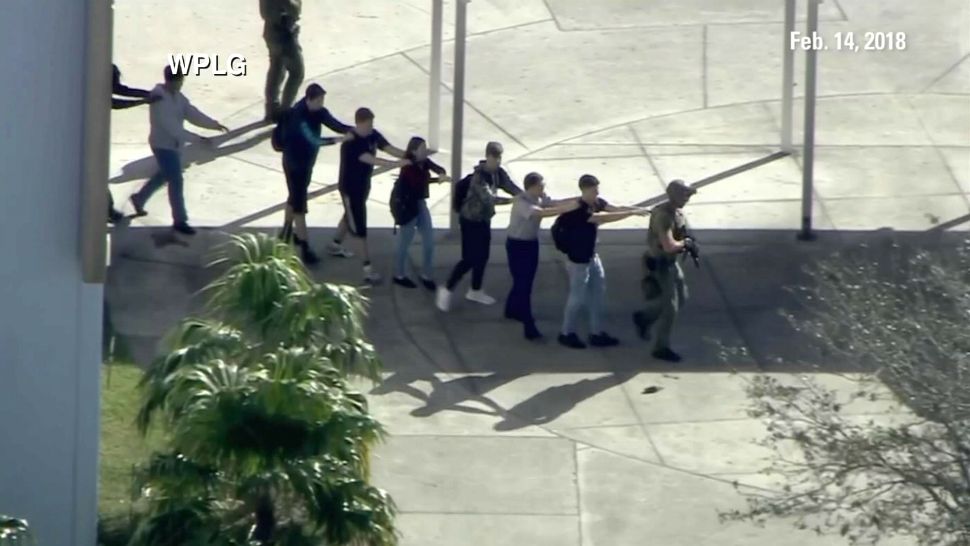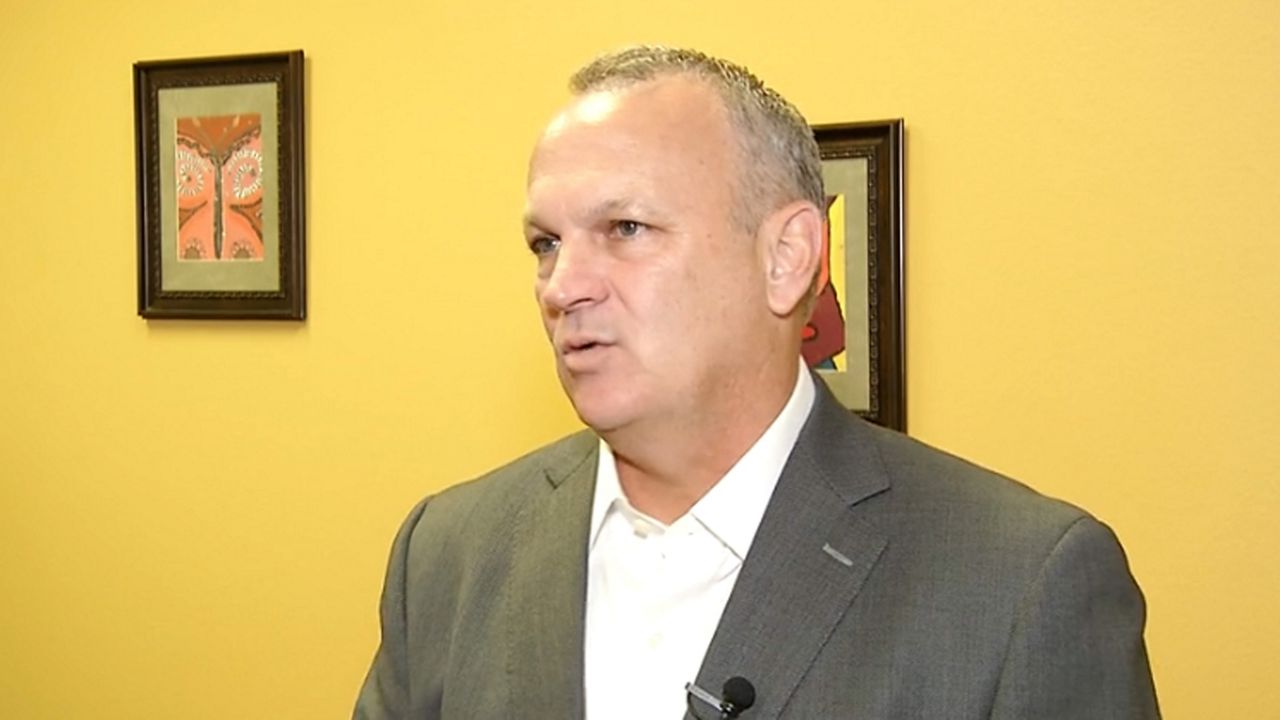ORLANDO, Fla. — Gov. Ron DeSantis wants to give Florida’s teachers a boost in pay. But teacher advocates say he’s going about it the wrong way.
- Central Fla. teachers sound off on DeSantis teacher pay proposal
- Teachers union leader against proposed bonuses
- Also says Florida has issues retaining teachers
- RELATED STORIES:
The governor is proposing raising minimum teacher pay to $47,500, which they estimate will cost around $600,000,000.
Mathew Hazel, an English teacher at Freedom High School, is less than excited about DeSantis’ proposal to raise the starting pay of teachers.
“Every teacher deserves more money, and I’m all for raising starting teacher salaries, but it’s demoralizing,” Hazel said.
Hazel says it’s demoralizing because he’s worked for the Orange County Public Schools for nine years, and there are no raises coming for anyone who makes more than $47,500, which is what DeSantis wants to increase starting teacher salaries to.
“I’m a little higher, but I’m still under 50, so it would kind of just wipe out all my years of service basically,” Hazel said.
It’s no secret Florida has a problem keeping teachers in the classroom. DeSantis is hoping by raising the minimum teacher salary, they can attract more people into the profession.
“I’d like to expand the pool of college graduates who would consider teaching — this is one way that you can do it,” DeSantis said.
The move will make Florida number 2 in the nation for starting teacher pay. But Orange County Classroom Teachers Association President Wendy Doromal says they have a retention problem too.
“ … we’ve seen a lot of teachers leave last year,” Doromal said.
DeSantis also wants $300,000,000 to go towards a new teacher and principal bonus program.
Here's how his proposed bonus plan would work:
- Tier 1: Schools earn 85 percent or greater of the total possible points or gain 6 or more points in their A-F school grading calculation;
- Tier 2: Schools gaining 3 to 5 points in their A-F school grading calculation; or
- Tier 3: Schools gaining 1 to 2 points in their A-F school grading calculation.
The bonus award amounts for teachers are as follows:
- Tier 1: Title I schools will receive a bonus of up to $7,500 and non-Title I schools receive up to $3,700;
- Tier 2: Title I schools will receive a bonus of up to $3,500 and non-Title I schools receive up to $1,750; and
- Tier 3: Title I schools will receive a bonus of up to $1,000 and non-Title I schools receive up to $500.
The bonus award amounts for principals are as follows:
- Tier 1: Title I schools will receive a bonus of up to $10,000 and non-Title I schools receive up to $5,000;
- Tier 2: Title I schools will receive a bonus of up to $5,000 and non-Title I schools receive up to $2,500; and
- Tier 3: Title I schools will receive a bonus of up to $2,500 and non-Title I schools receive up to $1,250.
Title I schools are those where a majority of the students are on free or reduced lunch, but it would be performance based, which Doromal says doesn’t fairly compensate many hard-working teachers.
“We’ve seen too many bonus schemes over the last decade, and they haven’t worked,” Doromal said.
Even if they get the bonus, Hazel says that doesn’t factor into their retirement. And he says they can’t take that to the bank.
“I can’t pay my mortgage based on a bonus. I can’t go to a bank to apply for a loan. I need a new car — my car is ancient. I can’t go to the bank and say, ‘Oh I make $49,000 and this bonus sometimes,” Hazel said.
Hazel says besides the love of his students, there’s nothing in the governor’s plan to keep him in the classroom.
The Florida legislature will be the ones with the final say of how much of the governor’s proposal actually makes it into the state budget come January 2020.









